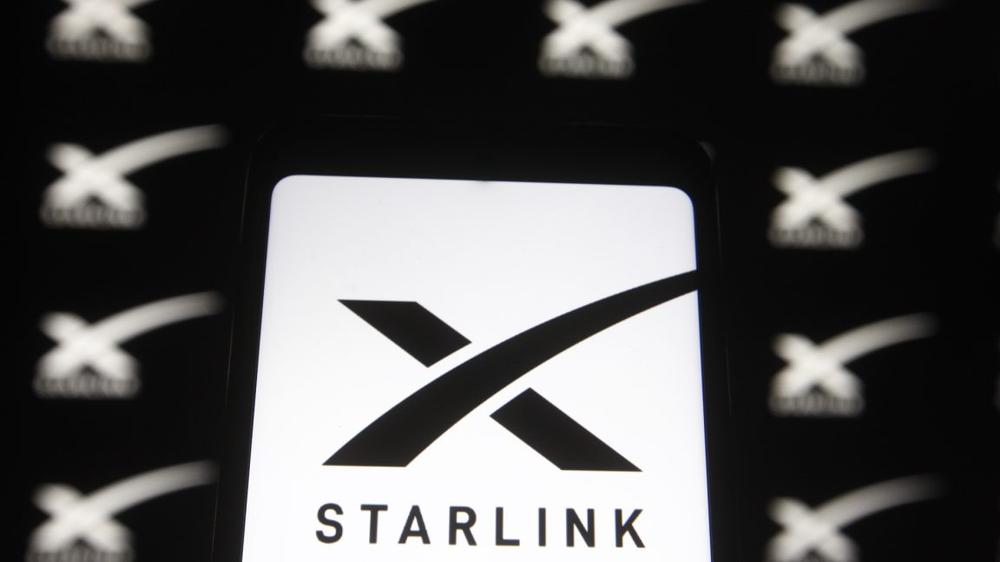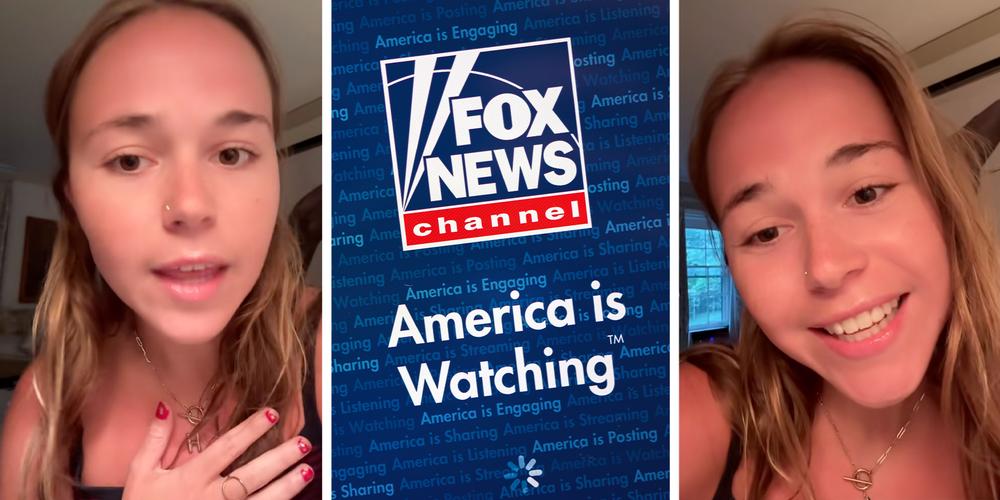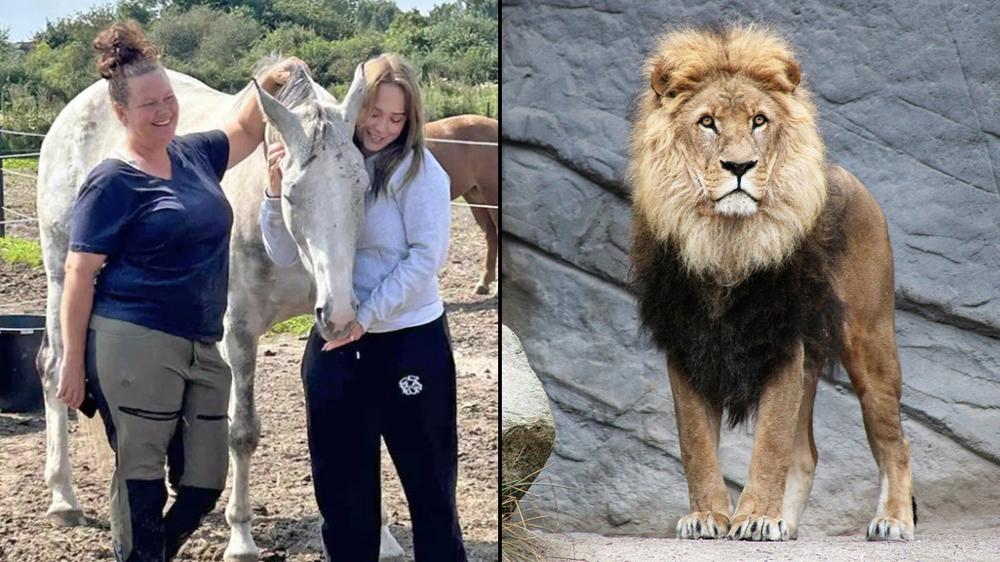Starlink operator SpaceX is fighting Virginia's plan to deploy fiber Internet service to residents, claiming that federal grant money should be given to Starlink instead. SpaceX is already in line to win over $3 million in grant money in the state but is seeking $60 million.
Starlink is poised to benefit from the Trump administration rewriting rules for the $42 billion Broadband Equity, Access, and Deployment (BEAD) grant program. While the Biden administration decided that states should prioritize fiber in order to build more future-proof networks, the Trump administration ordered states to revise their plans with a "tech-neutral approach" and lower the average cost of serving each location.
With the Trump administration backing its attempt to obtain more federal funding for Starlink, SpaceX is likely to object to state plans that still include significant fiber builds. That's what happened yesterday when SpaceX filed comments on Virginia's final proposal, which will be reviewed by the National Telecommunications and Information Administration (NTIA).
The Virginia plan "represents a massive waste of federal taxpayer money, reverting to the Biden Administration's failed approach to BEAD and completely disregarding the Trump Administration's effort to restructure the program to accelerate broadband deployment and reduce spending," SpaceX alleged. "Simply put, Virginia has put its heavy thumb on the scale in favor of expensive, slow-to-build fiber bias over speedy, low-cost, and technology neutral competition."
SpaceX urged the NTIA to deny Virginia's proposal. Such an outcome could result in a dispute between the Trump administration and Virginia, which is led by a Republican governor who touted the state's broadband plan in an announcement last week.
Starlink asked for $60 million
Starlink is generally seen as more beneficial in harder-to-serve areas because of its capacity limits, but Starlink and the Trump administration want satellite technology to be treated the same as fiber when it comes to giving out grants.
SpaceX said it offered to serve virtually every BEAD-eligible household in Virginia for $60 million. Starlink is already widely available and doesn't need to build infrastructure to each home like fiber and cable operators do. But states can direct grant money to Starlink in exchange for guaranteed service availability or deals on equipment.
SpaceX is objecting to Virginia's plan even though Starlink won grants to serve 5,579 locations for a total of $3.26 million. SpaceX is one of 24 entities that is set to receive funding in Virginia. Amazon's Kuiper satellite service is set to receive $4.46 million for 6,957 locations.
The biggest winner in the proposed grants is local provider All Points Broadband, which offers both fiber and wireless service and is set to receive $171.4 million to serve 19,801 locations. Comcast would get $146.4 million to serve 24,343 locations. The cost per location can vary widely based on terrain and population density.
States have to justify cost of fiber
An interactive map of grant awards shows that fiber providers were the biggest winners, though the Virginia plan would also provide funding to satellite and fixed wireless Internet providers. Virginia said its plan will allocate $613.3 million to serve 133,472 locations. The state's latest version of the plan reduced projected costs by $200 million, it said.
The Trump administration's "technology-neutral" guidelines make it harder for states to justify paying for fiber deployment when other options are cheaper, but Virginia provided an explanation for its funding decisions. The state Department of Housing and Community Development (DHCD) said it chose "technology-neutral solutions that perform at the required speeds across diverse terrain, including dense tree coverage, undulating slopes, and varying altitudes, to meet unique needs of each [location]."
Noting that its "project areas span from mountains and hills to farmland and coastal plains," the DHCD said its previous experience with grant-funded deployments "revealed that tree canopy, rugged terrain, and slope can complicate installation and/or obstruct line-of-sight." State officials said that wireless and low-Earth orbit satellite technology "can have signal degradation, increased latency, and reduced reliability" when there isn't a clear line of sight.
The DHCD said it included these factors in its evaluation of priority broadband projects. State officials were also apparently concerned about the network capacity of satellite services and the possibility that using state funding to guarantee satellite service in one location could reduce availability of that same service in other locations.
"To review a technology's ability to scale, the Office considered the currently served speeds of 100/20 Mbps, an application's stated network capacity, the project area's number of [locations], the project area's geographic area, current customer base (if applicable), and future demand," the department said. "For example, the existing customer base should not be negatively impacted by the award of BEAD locations for a given technology to be considered scalable."
SpaceX: “Playing field was anything but level”
SpaceX said Virginia is wrong to determine that Starlink "did not qualify as 'Priority Broadband,'" since the company "provided information demonstrating these capabilities in its application, and it appears that Virginia used this definition only as a pretext to reach a pre-ordained outcome." SpaceX said that 95 percent of funded "locations in Virginia have an active Starlink subscriber within 1 mile, showing that Starlink already serves every type of environment in Virginia's BEAD program today" and that 15 percent of funded locations have an active Starlink subscriber within 100 meters.
"The playing field was anything but level and technology neutral, as required by the [updated program rules], and was instead insurmountably stacked against low-Earth orbit satellite operators like SpaceX," the company said.
We contacted the Virginia DHCD about SpaceX's comments today and will update this article if the department provides a response.

 “Get a life”: Hope Walz calls out Fox News for using her TikTok for news fodder
“Get a life”: Hope Walz calls out Fox News for using her TikTok for news fodder